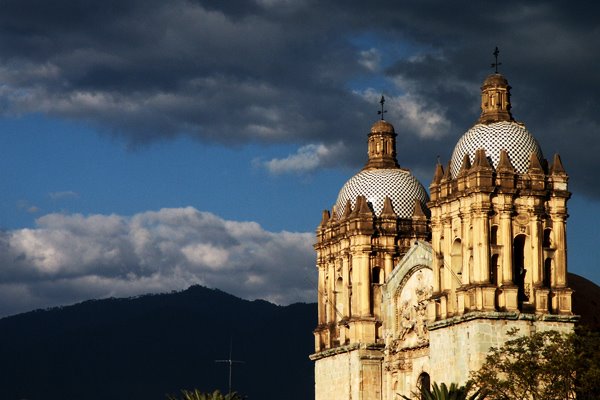From the LA Times - read the whole story.
Rolando Zaragoza, 21, was 15 years old when he came to the United States, enrolled in an Oxnard school and first heard the term "Oaxaquita." Little Oaxacan, it means — and it was not used kindly.Seriously, WTF? Hate is doing a number on the world. Read the LA comments....
"Sometimes I didn't want to go to school," he said. "Sometimes I stayed to fight."
"It kind of seemed that being from Oaxaca was something bad," said Israel Vasquez, 23, who shared the same mocking, "just the way people use 'Oaxaquita' to refer to anyone who is short and has dark skin."
Years later, indigenous leaders are fighting back against an epithet that lingers among immigrants from Mexico, directed at their own compatriots. Earlier this month the Mixteco/Indigena Community Organizing Project in Oxnard launched the "No me llames Oaxaquita" campaign. "Don't call me little Oaxacan" aims to persuade local school districts to prohibit the words "Oaxaquita" and "indito" (little Indian) from being used on school property, to form committees to combat bullying and to encourage lessons about indigenous Mexican culture and history.



No comments:
Post a Comment